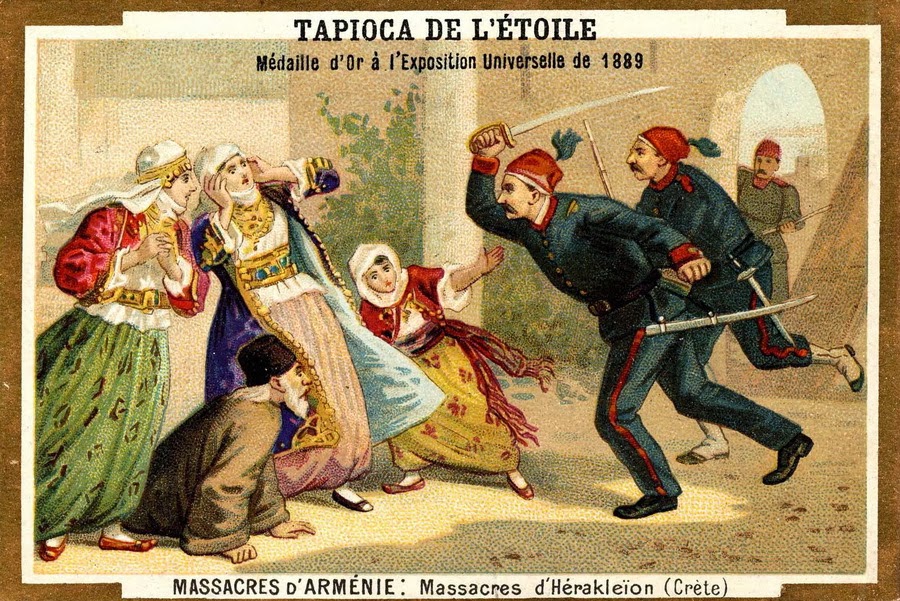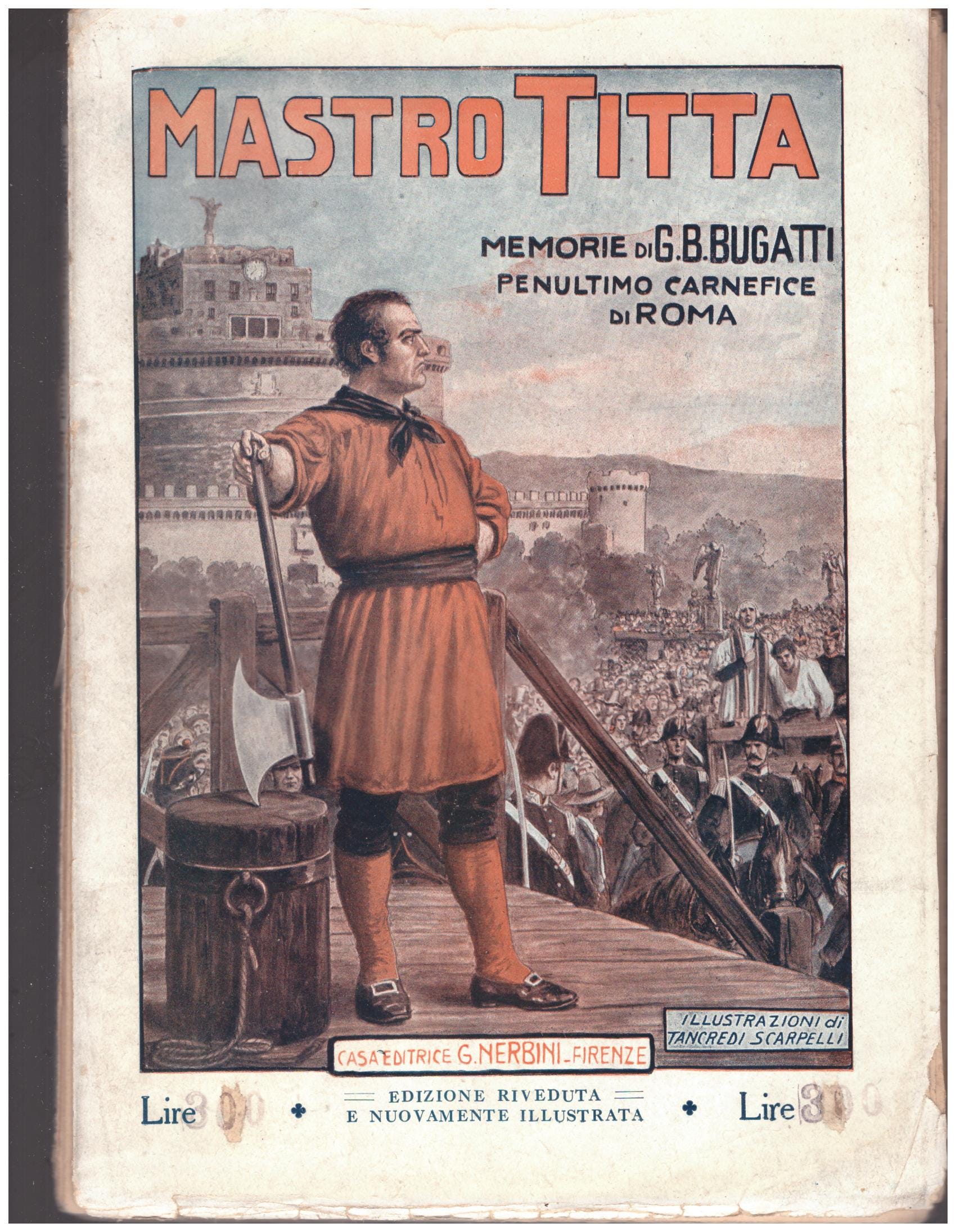This essay was written late on Election Day. Just as I was about to post it—within 30+ minutes of the polls closing—Zohran Mamdani was declared the Mayor-elect. The speed of the decision was more shocking than the result. I had expected he would likely win. I did not expect the outcome would not even be […]
It did not take long for this shiny new pontificate to lose its lustre. And its credibility. The spectacle of Pope Leo granting solemn blessing to a block of glacial ice was the point of no return for papal dignity. There is no way to unsee what the world saw at “Raising Hope for Climate […]
We woke up last Thursday in a different country from the one we knew the morning before. A line had been crossed, one that we hardly realized was there. And if we did, we tried not to see it. Now there is no looking away. Charlie Kirk’s murder is, indeed, a turning point. But toward […]
“If thought corrupts language, language can also corrupt thought.” If George Orwell had seen ahead to today’s scramble to make black—but not white—a proper noun when referring to racial groups, he might have cited capitalization, too, as a corruptor of thought. Jennifer Harvey, evangelist for the anti-racist gospel of Ibram X Kendi, never capitalizes white […]
Graphic design is a silent but powerful language. Instantaneously recognized, a single graphic is easily digestible. It serves as a branding device for more than your afternoon cuppa at Starbucks or a Ralph Lauren sport shirt. Applied to an ideology and a movement, it simplifies everything it stands for. It leapfrogs over complexities, contradictions, and […]
Meet Giovanni Battista Bugatti, official executioner for the Papal States from 1796 until he retired, with a papal pension, in 1864. Nicknamed Mastro Titta—a corruption of the Latin for “master of justice”—he was the longest serving and storied executioner under papal authority. He delivered justice 516 times over the years he held the job. “With […]
- Contact
- mmletters@studiomatters.com
- SUBCRIBE
- Archives
- November 2025
- October 2025
- September 2025
- August 2025
- July 2025
- June 2025
- April 2025
- March 2025
- February 2025
- January 2025
- December 2024
- October 2024
- September 2024
- August 2024
- July 2024
- June 2024
- May 2024
- March 2024
- January 2024
- December 2023
- November 2023
- October 2023
- September 2023
- August 2023
- July 2023
- June 2023
- April 2023
- February 2023
- January 2023
- December 2022
- November 2022
- October 2022
- September 2022
- August 2022
- July 2022
- May 2022
- April 2022
- March 2022
- February 2022
- January 2022
- December 2021
- October 2021
- August 2021
- July 2021
- June 2021
- May 2021
- April 2021
- March 2021
- February 2021
- November 2020
- September 2020
- August 2020
- July 2020
- June 2020
- May 2020
- April 2020
- March 2020
- December 2019
- November 2019
- October 2019
- September 2019
- August 2019
- May 2019
- April 2019
- March 2019
- February 2019
- January 2019
- December 2018
- November 2018
- October 2018
- August 2018
- July 2018
- May 2018
- April 2018
- March 2018
- January 2018
- December 2017
- October 2017
- September 2017
- August 2017
- July 2017
- June 2017
- May 2017
- April 2017
- March 2017
- February 2017
- January 2017
- December 2016
- November 2016
- October 2016
- September 2016
- August 2016
- July 2016
- June 2016
- May 2016
- April 2016
- March 2016
- February 2016
- January 2016
- December 2015
- November 2015
- September 2015
- August 2015
- July 2015
- June 2015
- May 2015
- April 2015
- March 2015
- February 2015
- January 2015
- December 2014
- November 2014
- October 2014
- September 2014
- August 2014
- July 2014
- June 2014
- May 2014
- April 2014
- February 2014
- January 2014
- December 2013
- November 2013
- October 2013
- September 2013
- August 2013
- July 2013
- June 2013
- May 2013
- April 2013
- March 2013
- February 2013
- January 2013
- February 2012
- December 2011
- November 2011
- October 2011
- September 2011
- August 2011
- July 2011
- June 2011
- May 2011
- April 2011
- March 2011
- February 2011
- January 2011
- December 2010
- November 2010
- October 2010
- September 2010
- August 2010
- July 2010
- June 2010
- May 2010
- April 2010
- September 2009
- Recent Posts








